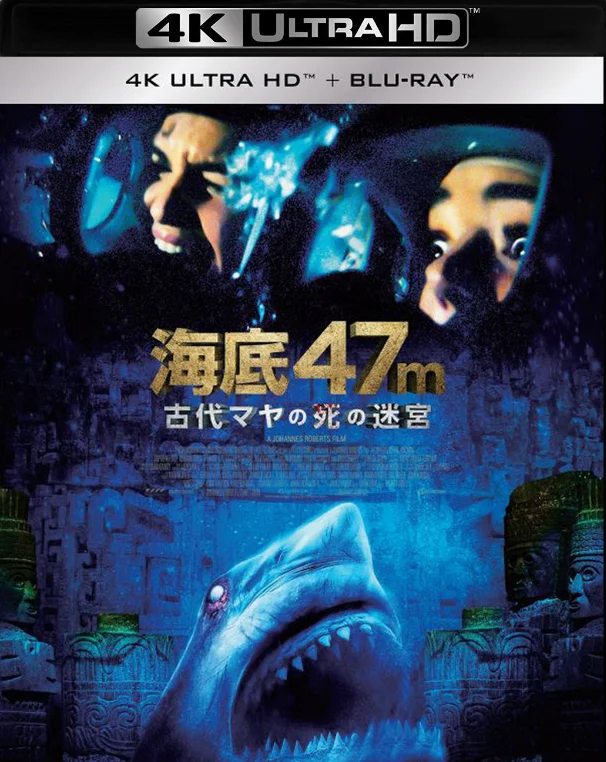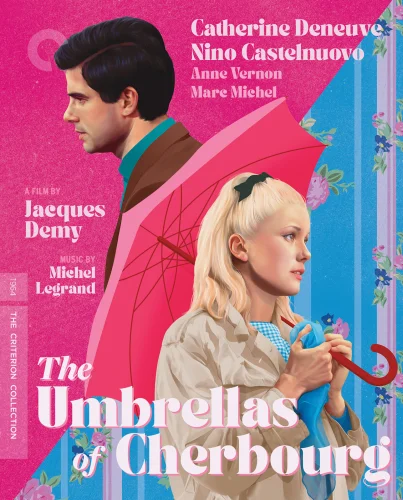Story Movie
AJ is over forty and feeling anxious. On top of his problems at work, his family has become a tangled web of issues—his mother-in-law is in a coma, his wife is going through an emotional crisis, his daughter has fallen in love for the first time, and his son is too wise for his eight years. A sudden encounter with his long-lost love Sherry, whom Enjay abandoned many years ago, gives him a chance to start a new life. Rediscovering his romantic side, Enjay secretly travels to Japan with Sherry to try to correct his mistakes.
Review 4K Movie
Edward Yang, a veteran of Taiwanese cinema, had come a long way before his film Yi Yi, which turned out to be his last, won the Cannes Film Festival award for Best Director. The authoritative newspaper The Village Voice also highly praised it, placing it second after Claire Denis' Good Work among the films of the past year. Like other famous compatriots such as Hou Hsiao-hsien and Tsai Ming-liang, Edward Yang successfully combined narrative length with sophistication in the lighting of details, thanks to which his ideas are equated with the work of great monumentalists such as Andrei Tarkovsky and Theo Angelopoulos.
The computer company where the main character, NJ, works is in a difficult financial situation, and the employees decide to sign a contract with the Japanese design corporation Ota, which develops popular video games. However, the man has enough personal problems that preoccupy him much more. His wife, Ming-Ming, tired of the monotonous routine of everyday life and exhausted by the tragedy that befell her elderly mother, who is in a coma, seeks solace in spiritualist séances in the mountains. His junior high school son, Yang-Yang, is teased by girls at school, and his daughter, Ting-Ting, who has entered puberty, is too immersed in her own feelings, distancing herself from the outside world. On top of everything else, NJ meets his former lover Sherry, from whom he ran away thirty years ago due to moral conflicts.
It took Edward Yang almost three hours and a large canvas called Taipei to tell his story. Yi Yi is structured around a period in the life of a local middle-class family and their immediate social circle. The film covers almost all the significant events of human life—weddings, births and deaths, funerals, suicide attempts, and murder. Despite the abundance of vivid situations and a large number of characters, Yang sticks to a purely observational plot, keeping the camera at a distance and emphasizing the freedom of interpretation for each viewer. The characters are given the right to live their lives and ask natural questions. During a meeting in Tokyo, En-Jie tells Sherry, “We all need time to think.” These modest words can, without exaggeration, become the motto of all the characters in Yi Yi.
The question of relativity is, in principle, a key theme in Asian culture, reflecting the meaning of life. Throughout his career, Edward Yang has carefully explored this theme, moving from individual aspects to the general, and finally arriving at a real discovery. Little Yang-Yang asks a truly metaphysical question: is it possible for a person to know the whole truth by seeing only what is in front of them? Using his father's camera, he photographs people from behind, trying to capture the back of their heads in the frame, because it is in the head that the main organs of perception are located, which, as it turns out, make a person a hostage to the obsession with the ability to perceive. The film, like the hand of an artist, reveals to its characters the blank spots in the surrounding reality, things they have not been able to see among everything else, and makes them believe in the existence of another, true world beyond the one in which each of the characters lives, each with their own particular point of view on everything that is happening around them. The original title of the film, translated from Chinese, means “one one” and refers to the dual way of seeing any phenomenon in the surrounding world. In this case, the morphological combination of these letters can be understood to mean “two.” The play on meanings extends to the names of the characters, which consist of two identical words.
Edward Yang also masterfully uses the film space to reinforce the theme through the location of the character and the action in the frame. For example, the image of Mr. Huang, the head of the Taipei computer corporation, remains mysterious, appearing for a few seconds in front of the camera from EnJay's point of view, who sees a “powerful personality” in the distance, wearing only shorts and surrounded by half-naked girls with cocktails in their hands. In contrast, his formidable Japanese partner, Mr. Ota, and his communication with Enjay are captured in all their nuances, and for good reason, because he turns out to be not at all what one might expect. Enjay quickly becomes close to Mr. Ota and witnesses his decency and wise attitude towards life, while also gaining a valuable opportunity to rethink his own.
Limited prospects often make people's lives unbearable, and people themselves usually feel this. The characters in Yi Yi also try to go beyond their limits. And hope is not long in coming. At the end of the film, viewers are treated to truly stunning scenes related to eternal themes, which are difficult to describe in words. You have to see it for yourself.
Whether it is possible to comprehend the integrity of the world during one's lifetime is a question akin to Hamlet's, but Edward Yang's film sets itself a different goal and reopens the familiar world to people, helping them to better understand the harsh beauty of the passage of time in all its swiftness and irreconcilability.
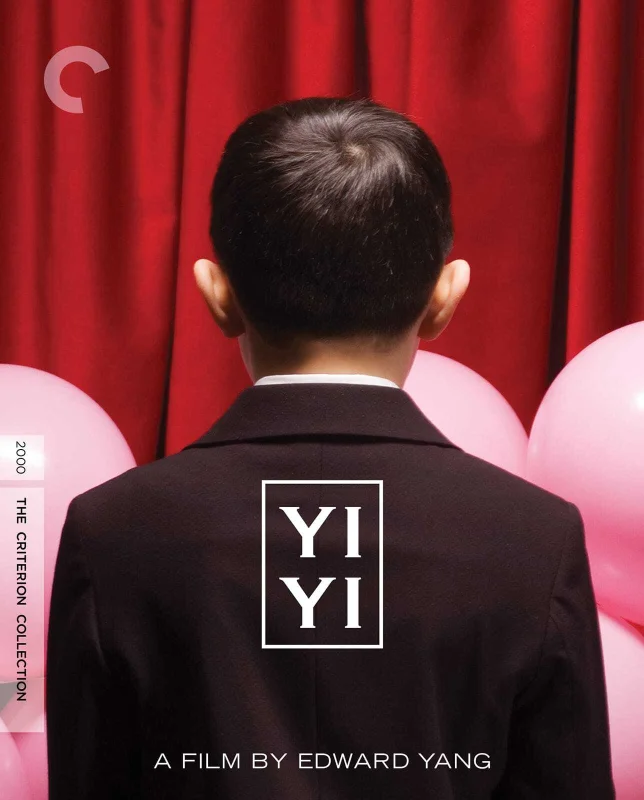


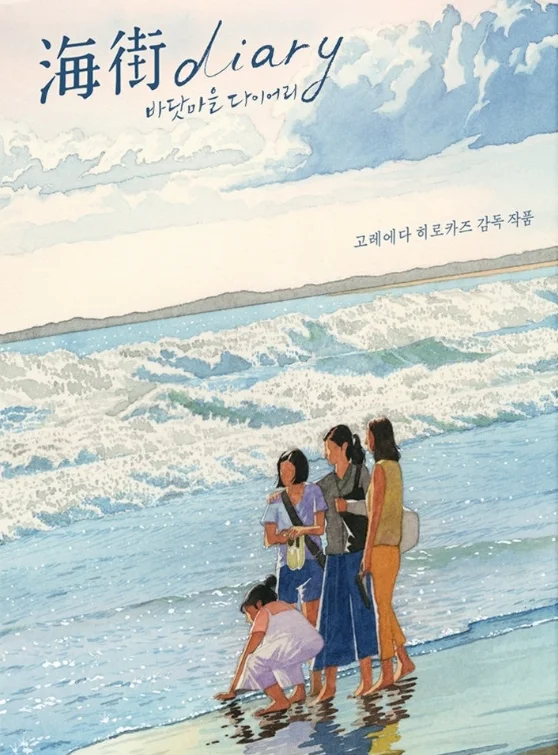
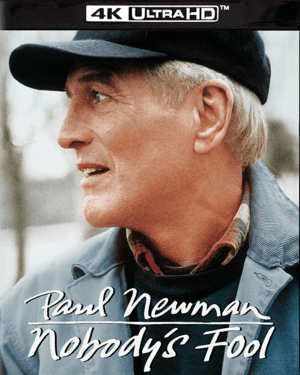 [/full-link]
[/full-link]
